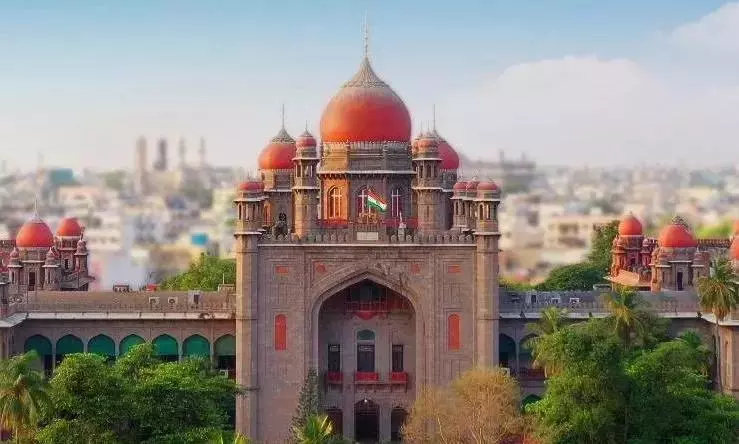A 24-year-old patient from Somalia, suffering from complications due to a failed VP shunt and abdominal TB, was successfully treated at Medicover Hospitals in Hyderabad. The patient had undergone failed surgeries in eight countries before reaching India for treatment
Published Date – 24 July 2025, 04:49 PM

A 24-year-old patient from Somalia, suffering from complications due to a failed VP shunt and abdominal TB, was successfully treated at Medicover Hospitals in Hyderabad. The patient had undergone failed surgeries in eight countries before reaching India for treatment
Hyderabad: Medicover Hospitals on Thursday announced the successful treatment of a 24-year-old patient from Somalia, Farah Ahmed Elmi, who was suffering from multiple complications due to hydrocephalus, a condition where there is abnormal accumulation of cerebrospinal fluid in the brain.
The patient had developed health complications due to a failed Ventriculoperitoneal (VP) shunt, a device implanted in Somalia to drain excess fluid from the brain to the abdomen. As the VP shunt did not heal properly, the patient underwent several unsuccessful surgeries in eight countries.
By the time Farah Ahmed Elmi was admitted to Medicover Hospitals in Hyderabad, he was struggling with multiple complications, including a severe infection of the VP shunt.
The multi-disciplinary surgery team, led by Dr Venkata Pavan Kumar, senior general surgeon, Dr Damodar, trauma surgeon, Dr Venugopal, anaesthesiologist, and the neurosurgery team, performed removal of the infected VP shunt, resection of the damaged intestine, closure of fistulous tracts, appendectomy and initiation of anti-tuberculosis therapy (ATT).
“This case was complex. Multiple organs including brain, bowel and abdominal wall were involved, and it was further complicated by abdominal TB,” said Dr Venkata Pavan.







